Filter by

New earth politics :essays from the Anthropocene
Prominent scholars and practitioners in the field of global environmental politics consider the ecological and political realities of life on the new earth, and probe the field's deepest and most enduring questions at a time of increasing environmental stress. Arranged in complementary pairs, included are - reflections on environmental pedagogy, analysis of new geopolitical realities, reflectio…
- Edition
- -
- ISBN/ISSN
- 9780262332132
- Collation
- 1 online resource :illustrations.
- Series Title
- -
- Call Number
- -
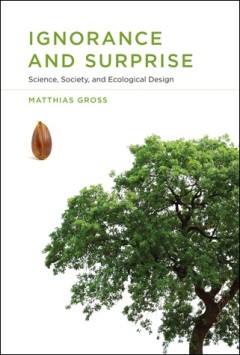
Ignorance and Surprise: Science, Society, and Ecological Design
In this work, Matthias Gross examines the relationship between ignorance and surprise, proposing a conceptual framework for handling the unexpected and offering case studies of ecological design that demonstrate the advantages of allowing for surprises and including ignorance in the design and negotiation processes.OCLC-licensed vendor bibliographic record.
- Edition
- -
- ISBN/ISSN
- 9780262265911
- Collation
- 1 online resource (xii, 240 pages) :illustrations, maps.
- Series Title
- -
- Call Number
- -
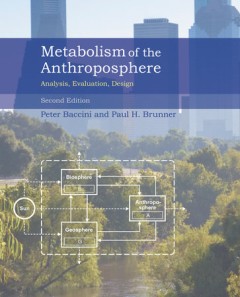
Metabolism of the anthroposphere: Analysis, evaluation, design
Over the last several thousand years of human life on Earth, agricultural settlements became urban cores, and these regional settlements became tightly connected through infrastructures transporting people, materials, and information. This global network of urban systems, including ecosystems, is the anthroposphere; the physical flows and stocks of matter and energy within it form its metabolis…
- Edition
- 2nd ed.
- ISBN/ISSN
- 9780262301329
- Collation
- 1 online resource (x, 392 pages) :illustrations, maps
- Series Title
- -
- Call Number
- -
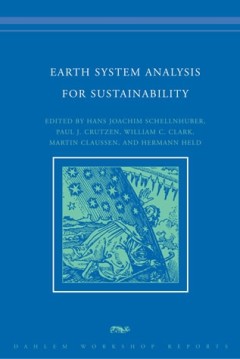
Earth system analysis for sustainability
"Report of the 91st Dahlem Workshop on Earth System Analysis for Sustainabliity, Berlin, May 25-30, 2003"--Page [ii].Earth System Analysis for Sustainability uses an integrated systems approach to provide a panoramic view of planetary dynamics since the inception of life some four billion years ago and to identify principles for responsible management of the global environment in the future. Pe…
- Edition
- -
- ISBN/ISSN
- 9780262310635
- Collation
- 1 online resource (xiv, 454 pages) :illustrations, maps.
- Series Title
- -
- Call Number
- -
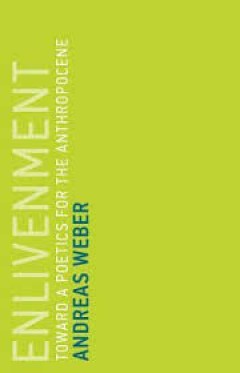
Enlivenment :toward a poetics for the Anthropocene
A new understanding of the Anthropocene that is based on mutual transformation with nature rather than control over nature. We have been told that we are living in the Anthropocene, a geological era shaped by humans rather than by nature. In Enlivenment , German philosopher Andreas Weber presents an alternative understanding of our relationship with nature, arguing not that humans control natur…
- Edition
- -
- ISBN/ISSN
- 9780262352277
- Collation
- 1 online resource (208 pages).
- Series Title
- -
- Call Number
- -
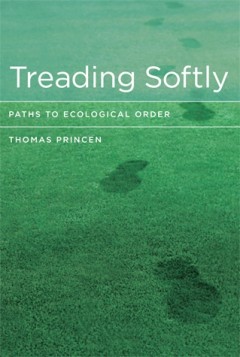
Treading Softly: Paths to Ecological Order
"We are living beyond our means, running up debts both economic and ecological, consuming the planet's resources at rates not remotely sustainable. But it's hard to imagine a different way. How can we live without cheap goods and easy credit? How can we consume without consuming the systems that support life? How can we live well and live within our means? In Treading Softly, Thomas Princen hel…
- Edition
- -
- ISBN/ISSN
- 9780262266079
- Collation
- 1 online resource (xi, 210 pages)
- Series Title
- -
- Call Number
- -
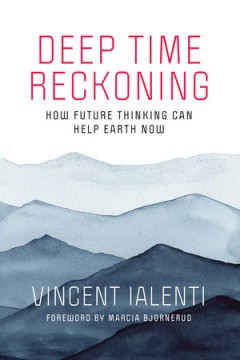
Deep time reckoning :how future thinking can help earth now
"How Finland's nuclear waste experts discern far future Earths, and what the rest of us non-Finns and non-experts can learn from them"--OCLC-licensed vendor bibliographic record.
- Edition
- -
- ISBN/ISSN
- 9780262359368
- Collation
- 1 online resource.
- Series Title
- -
- Call Number
- -
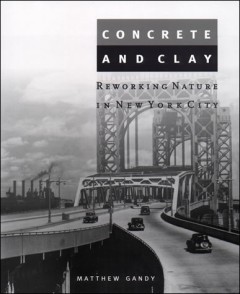
Concrete and Clay: Reworking Nature in New York City
An interdisciplinary account of the environmental history and changing landscape of New York City.In this innovative account of the urbanization of nature in New York City, Matthew Gandy explores how the raw materials of nature have been reworked to produce a "metropolitan nature" distinct from the forms of nature experienced by early settlers. The book traces five broad developments: the expan…
- Edition
- -
- ISBN/ISSN
- 9780262273442
- Collation
- 1 online resource (xi, 344 pages) :illustrations, maps.
- Series Title
- -
- Call Number
- -
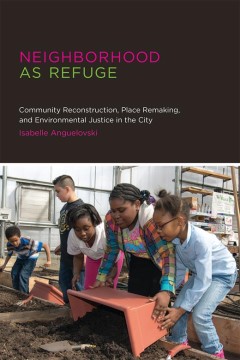
Neighborhood as refuge : community reconstruction, place remaking, and enviro…
Environmental justice as studied in a variety of disciplines is most often associated with redressing disproportionate exposure to pollution, contimination, and toxic sites. In this book, Isabelle Anguelovski takes a broader view of environmental justice, examining wide-ranging comprehensive efforts at neighbourhood environmental revitalization that include parks, urban agriculture, fresh food …
- Edition
- -
- ISBN/ISSN
- 9780262322188
- Collation
- 1 online resource (xiii, 276 pages) :illustrations, maps.
- Series Title
- -
- Call Number
- -
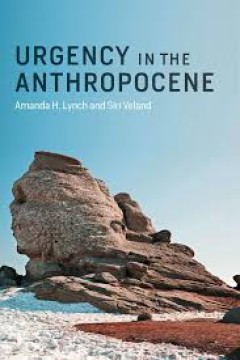
Urgency in the Anthropocene
Is this the Anthropocene? The age in which humans have become a geological force, leaving indelible signs of their activities on the earth. The narrative of the Anthropocene so far is characterized by extremes, emergencies, and exceptions-a tale of apocalypse by our own hands. The sense of ongoing crisis emboldens policy and governance responses that challenge established systems of sovereignty…
- Edition
- -
- ISBN/ISSN
- 9780262348898
- Collation
- 1 online resource (xii, 238 pages)
- Series Title
- -
- Call Number
- -
 Computer Science, Information & General Works
Computer Science, Information & General Works  Philosophy & Psychology
Philosophy & Psychology  Religion
Religion  Social Sciences
Social Sciences  Language
Language  Pure Science
Pure Science  Applied Sciences
Applied Sciences  Art & Recreation
Art & Recreation  Literature
Literature  History & Geography
History & Geography